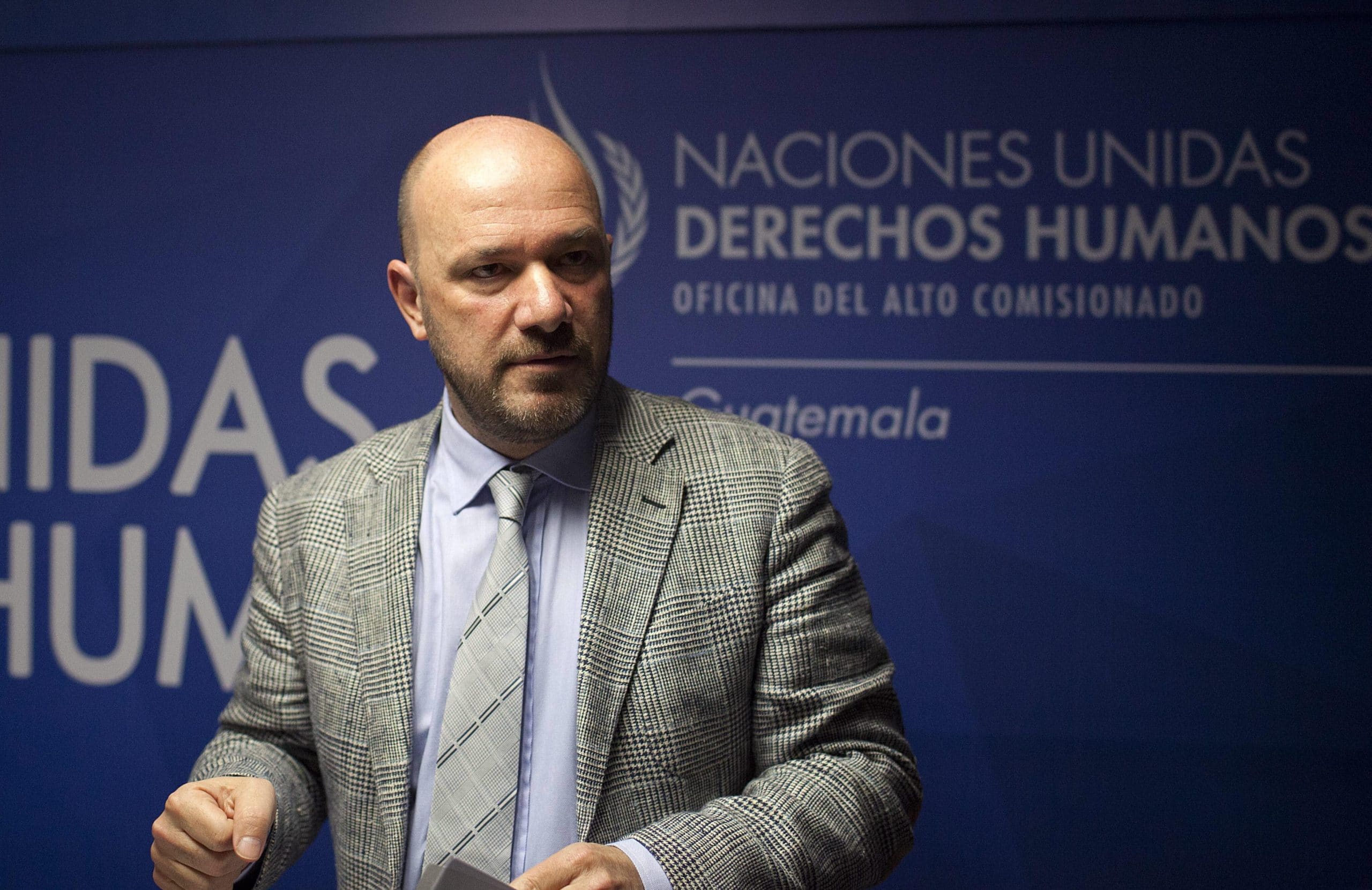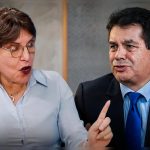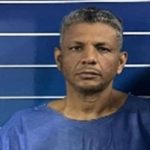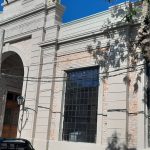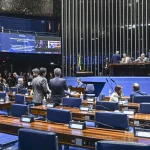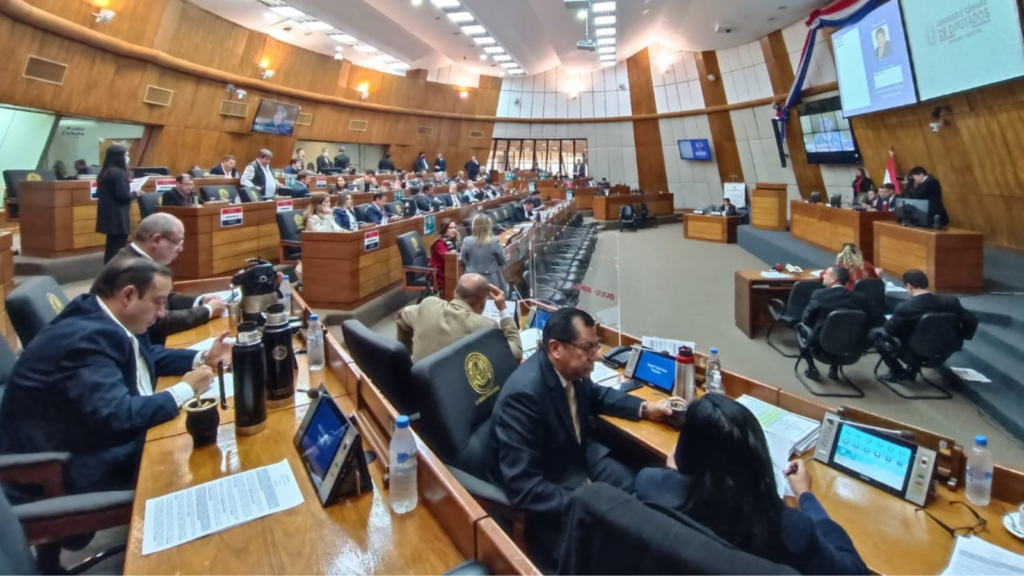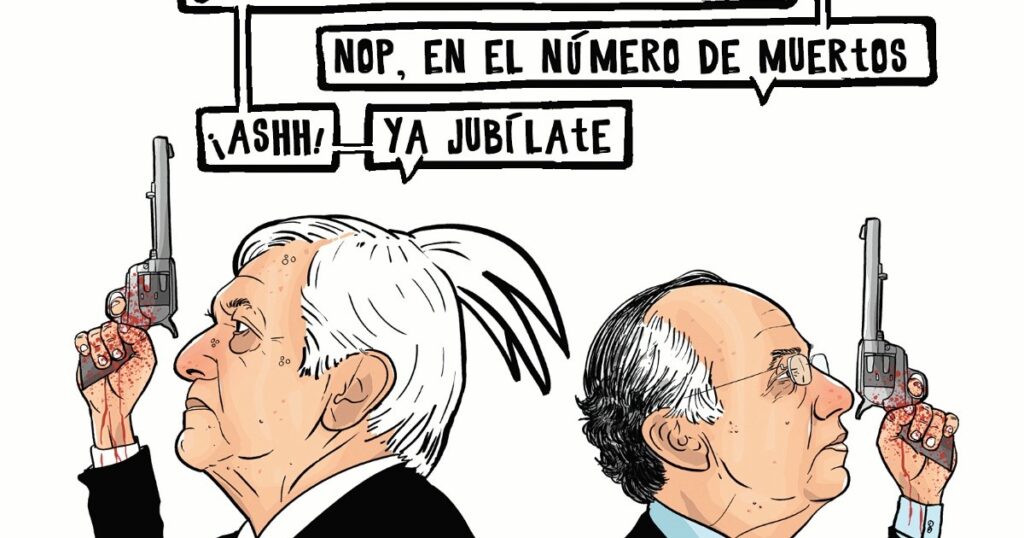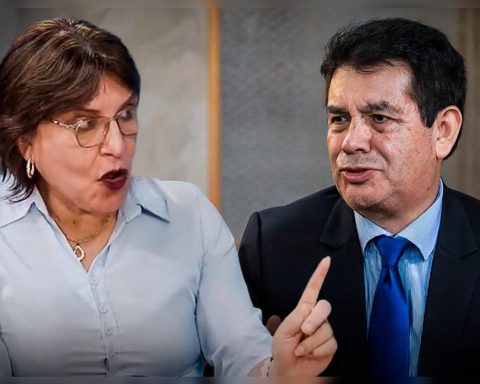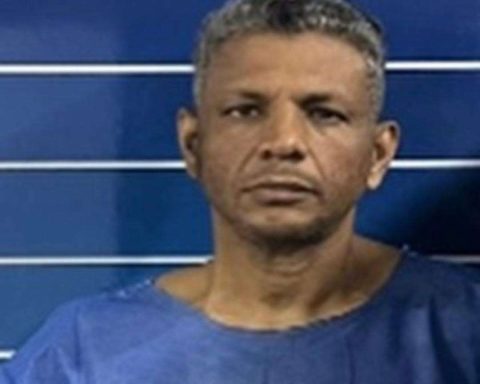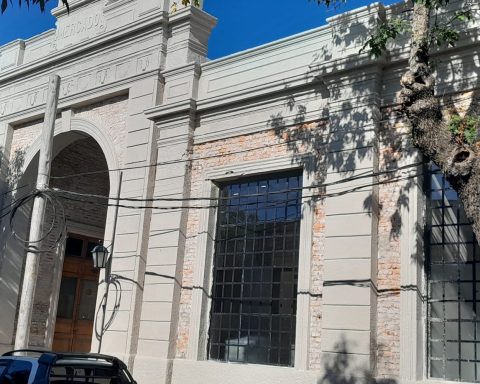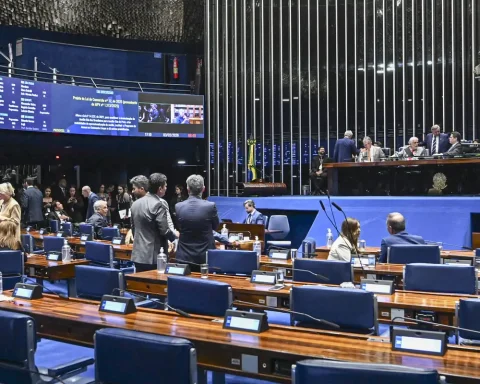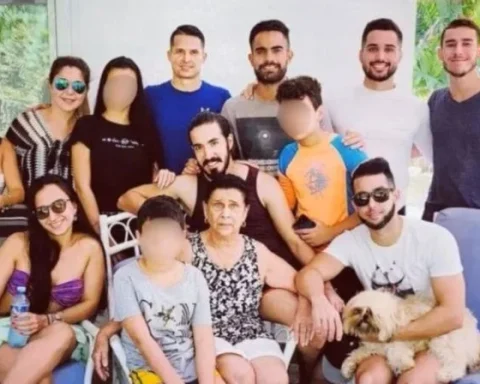The regime of Daniel Ortega has not only radicalized the repression in Nicaragua, but also challenges the mandate of 20 member countries of the UN Human Rights Council, by preventing the entry of the Group of Independent Experts appointed to investigate human rights violations. humans. This decision “does not lead anywhere”, on the contrary, it deepens the national crisis, estimates the representative of the Office of the United Nations High Commissioner for Human Rights in Central America (OHCHR), Alberto Brunori.
In an interview with This WeekBrunori refers to the most recent update of the oral report by High Commissioner Michelle Bachelet before the UN Human Rights Council, in which he expresses his office’s concern about the prison conditions of political prisoners, the annulment of freedom of association in the country, the persecution against priests and bishops of the Catholic Church, and the increase in migration as a result of the sociopolitical crisis.
The regional representative of the UN Human Rights Office warns of the need for international human rights organizations to return to the country to help overcome the crisis. “We would like to be able to personally discuss (with the government) these data and see how to overcome the violations that we are detecting and that are reported to us,” he says.
The Office of the UN High Commissioner for Human Rights presented its most recent report and update on the Human Rights crisis in Nicaragua. What are your findings?
It makes an analysis, a bit of the latest events related, in particular, with the detainees in the context of the last elections, in November, and the prison conditions, which are deplorable conditions. So, in that sense, he makes a whole section of his intervention in that; and later, another issue that she tackles with force is the issue of the reduction or diminution of civic space, that is, the closure of organizations, the harassment of human rights defenders.
An element that also stands out is the persecution and repression against priests and bishops of the Catholic Church. Is the government repressing religious freedom in the country?
Yes, we have effectively detected in the last period a constant harassment of some representatives of the Catholic Church, which we know has played an important role, from all the discussions that have taken place in Nicaragua. So that seems to be like the latest wave of harassment and persecution of democratic actors in the country.
Last week, the Government also canceled 191 non-governmental organizations, to complete 595 so far in 2022. These organizations were dedicated to humanitarian assistance, health promotion, human rights and education. What impact does this attack have on organized civil society?
All democratic societies live off the wealth provided by non-governmental organizations, human rights organizations. That is to say, that is the normality of a democratic space and a rule of law. Repressing, or closing, or limiting these spaces obviously affects democracy, affects the rule of law. And, after all, that is what has happened, they started with the law against money laundering; then came the cybercrime law; the law of foreign agents; the law for the defense of the rights of the people to independence; and the last one, on May 6, that law of regulation and control of non-profit organizations.
A whole journey that has gone little by little, restricting the possibilities for the organization, if it exists or even worse, to register in the registers of exercising the right to freedom of association, the right to freedom of expression.
What is the evaluation of the Office of the United Nations High Commissioner for Human Rights of the trials and sentences against the political prisoners who are held in El Chipote?
Beyond the arrests, which in themselves represent a series of violations, the prison conditions are not in accordance with Mandela’s rules, that is, they have been in isolation; we know that they have had difficulty in accessing medication. There has been a death, unfortunately, which could have been avoided, if he had been released earlier. In addition, there are eleven detainees with alternative measures, that is, house arrest, which is a good thing because they have been released due to health conditions. But, the high commissioner today asked that the others should be released. The conditions of detention are not in line with international human rights standards; even family visits, including minors, for example, children, etc., have been extremely limited due to this issue of isolation, and that obviously does not constitute a normal detention regime in a prison according to international standards.
Can the UN Human Rights Office do something for the political prisoners who are confined in the different prisons of the country, or who are at home because of prison, but who still do not have timely assistance to treat their health?
The office of the high commissioner can make calls, and has done so once again today to the Nicaraguan State. Humanitarian calls, of course. People shouldn’t be treated like this, that much is clear. But, the call has been humanitarian for the release of people, and above all for the access of the Office (to Nicaragua). I believe that the presence of the Office in the country could certainly help to overcome the conditions that allow human rights violations. Since 2018, the Office has not had access to the country.
We believe that opening up to international scrutiny is important. That is the call that the Human Rights Council has made repeatedly, and in this, in the last resolution, the call was also clear, to allow the Office of the High Commissioner access, and collaborate in the fulfillment of the recommendations that the Council has done; And yet, until now there has been a negative, harsh response, which ultimately does not contrast the information that we do have, but rather limits itself to making some value judgments that do not respond to the data that we do have. We would like to be able to personally discuss this data and see how to overcome the violations that we are detecting and that are reported to us.
On March 31, the UN Human Rights Council appointed a group of independent experts to investigate human rights violations in Nicaragua. How important is the constitution of this group of experts?
There are two important components of that resolution: one is obviously the expert mechanism. This mechanism has an independent mandate from the Office. In fact, they are independent experts, the office lends, makes the secretariat of those experts, and the experts have to investigate and define the formula, and individualize the responsibilities in the serious human rights violations committed since 2018. That is the function and the mandate . They have one year to be able to document and inform the Council of the responsibility that they find in the investigations that they carry out through the team that is going to be formed. They are three experts who are obviously very well known.
But resolution does more. Reiterates the importance of the High Commissioner’s monitoring mandate. In other words, it gives more power to the Office of the High Commissioner, in this case the regional one, in Panama, which operates on behalf of the High Commissioner. I, as a representative, to monitor the implementation of all the recommendations that have been made from 2018 to date. There is a set of recommendations that the High Commissioner has made on how to recover the situation, how to return to a situation that does not violate human rights, and that is precisely what we are going to do independently, but parallel to what the group of experts.
However, the Government has not accepted the return of the UN Regional Office for Human Rights, and we also learned that (the Government) rejects the entry of this group of independent experts. How does this decision of the authorities impact the mandate they have, both monitoring and this special UN mission?
It would be important for Nicaragua, as the Council has called it, to cooperate, both with the Office and with the expert mechanism, because that is, let’s say, the firm call, the firm resolution that the Human Rights Council makes to Nicaragua.
The importance, let’s say, of collaborating with multilateral organizations is fundamental so that Nicaragua does not end up in an isolation that, frankly, is almost inexplicable. The High Commissioner once again offered the State of Nicaragua support to overcome the crisis situation that has been going on for a long time. Offers like this should be taken without thinking, and start building a society that is much more respectful of human rights, and try to help the Nicaraguan State, civil society, etc., to overcome the crisis. Failure to abide by those resolutions leads nowhere.
